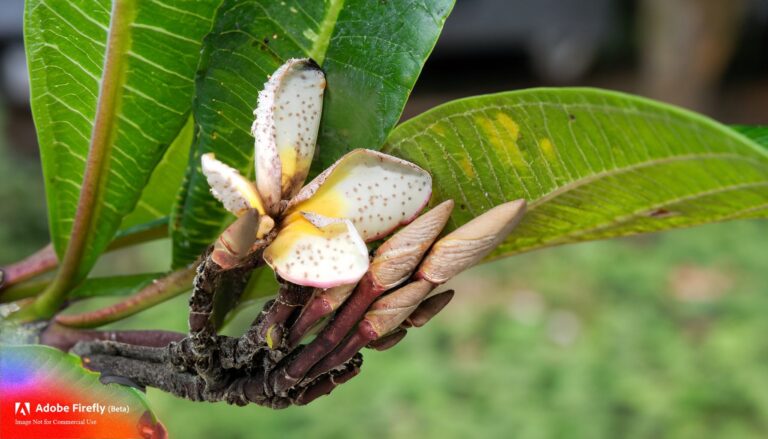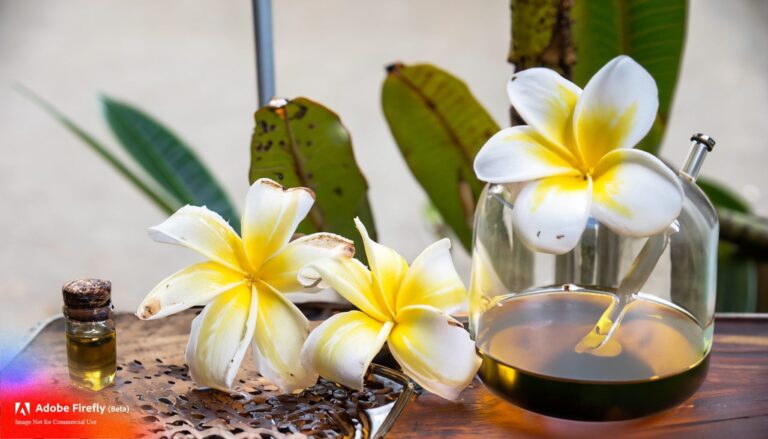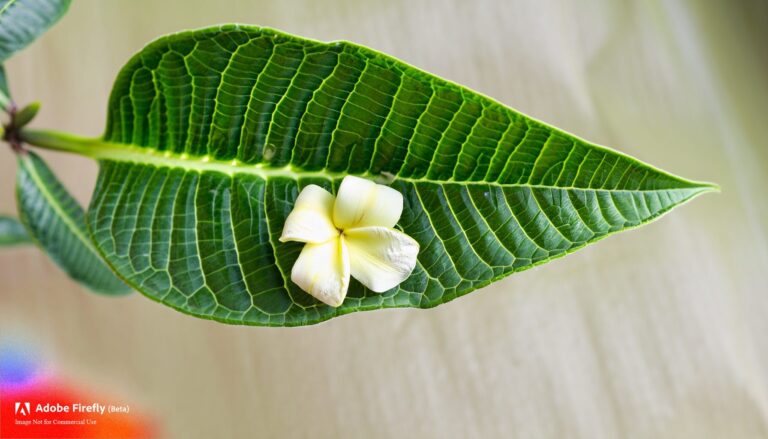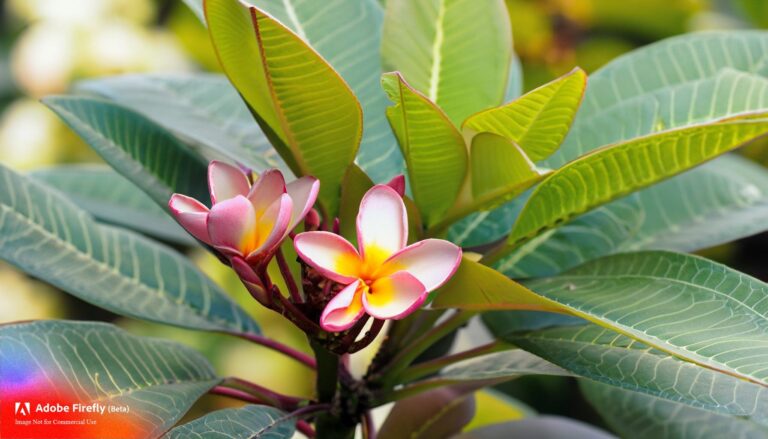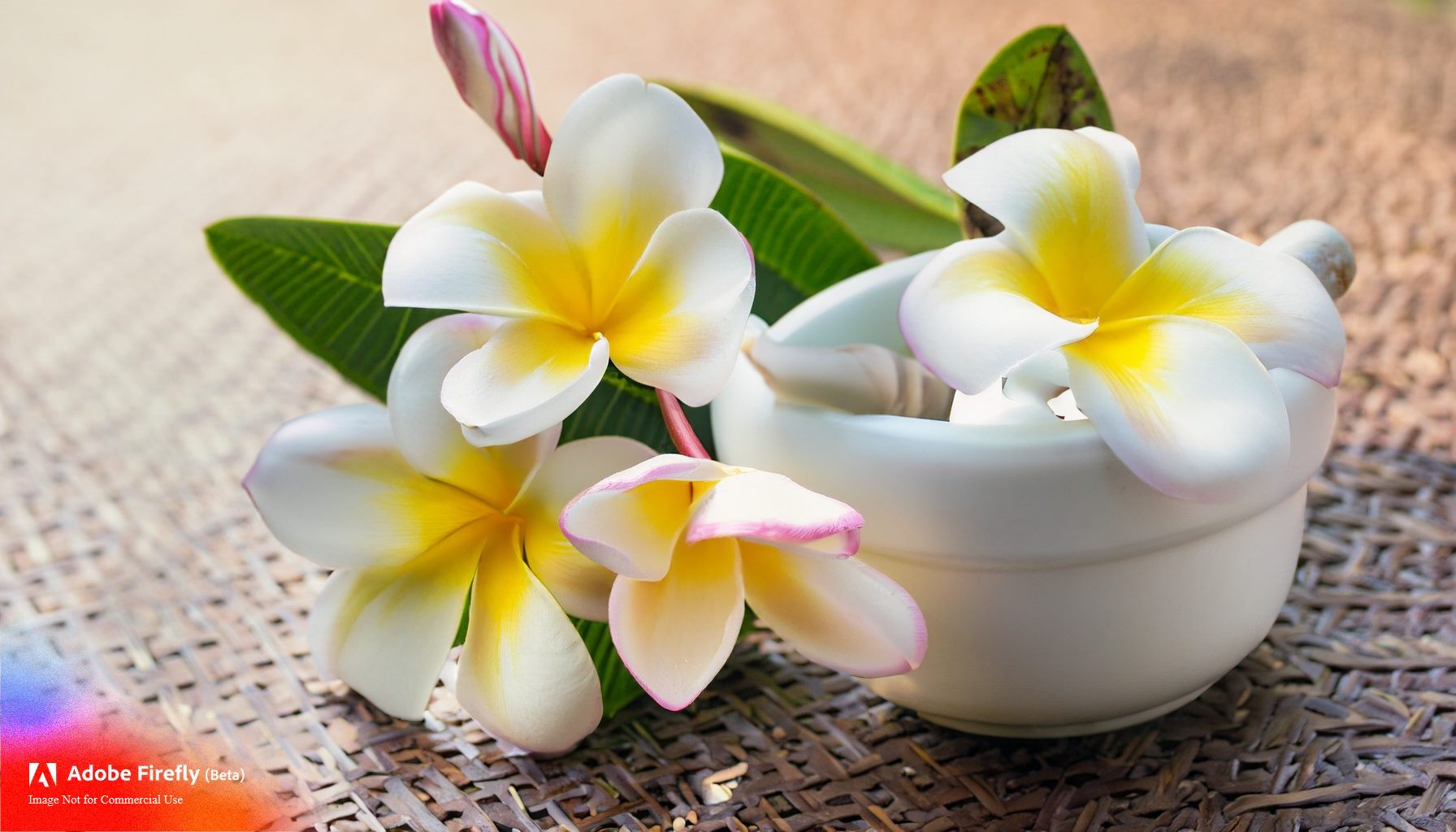
Introduction
Plumeria, also known as frangipani, is renowned for its exquisite beauty and captivating fragrance. Beyond its ornamental value, plumeria has been used in traditional practices for various potential therapeutic benefits. While scientific research on plumeria’s medicinal properties is limited, many cultures have utilized different parts of the plant for their natural healing properties. In this article, we’ll explore some of the ways plumeria has been used as a natural remedy in traditional practices.
1. Aromatherapy and Relaxation:
- Plumeria’s enchanting fragrance is believed to have a calming and soothing effect on the mind and emotions. In aromatherapy, the scent of plumeria oil is used to create a relaxing atmosphere and promote emotional well-being.
2. Skin Conditions:
- In some traditional practices, plumeria extracts or oils have been applied topically to soothe and moisturize the skin. It’s important to note that individual reactions can vary, and a patch test is recommended before applying plumeria products to the skin.
3. Wound Healing:
- In certain cultures, plumeria leaves or latex have been used topically on wounds to promote healing and prevent infections. However, caution is advised, as plumeria latex can be irritating to the skin.
4. Insect Repellent:
- Plumeria leaves and flowers are believed to have natural insect-repelling properties. In some regions, they are hung or worn to keep insects away.
5. Traditional Medicine:
- In traditional systems of medicine, plumeria has been used for various purposes, including treating digestive issues, inflammation, and respiratory ailments. However, these uses are based on historical practices and may not have scientific validation.
6. Hair Care:
- Plumeria extracts are sometimes used in hair care products for their potential to nourish and moisturize the scalp and hair.
7. Spiritual and Cultural Practices:
- In some cultures, plumeria flowers are used in spiritual rituals and ceremonies, symbolizing purity, beauty, and devotion.
8. Caution and Considerations:
- While plumeria has been used traditionally for its potential benefits, it’s important to exercise caution. Some parts of the plant, such as the latex, can cause skin irritation in sensitive individuals.
- It’s advisable to consult with a qualified healthcare professional before using plumeria as a natural remedy, especially if you have underlying health conditions or are taking medications.
Conclusion
Plumeria’s rich history and cultural significance have led to its use as a natural remedy in various traditional practices. While the potential benefits of plumeria are intriguing, it’s essential to approach its use with caution and seek guidance from healthcare professionals. While plumeria’s aroma and presence can certainly contribute to a soothing atmosphere, its medicinal applications should be explored with careful consideration and awareness of individual sensitivities. Whether enjoyed for its fragrance, spiritual significance, or potential therapeutic properties, plumeria continues to captivate and inspire individuals around the world.


